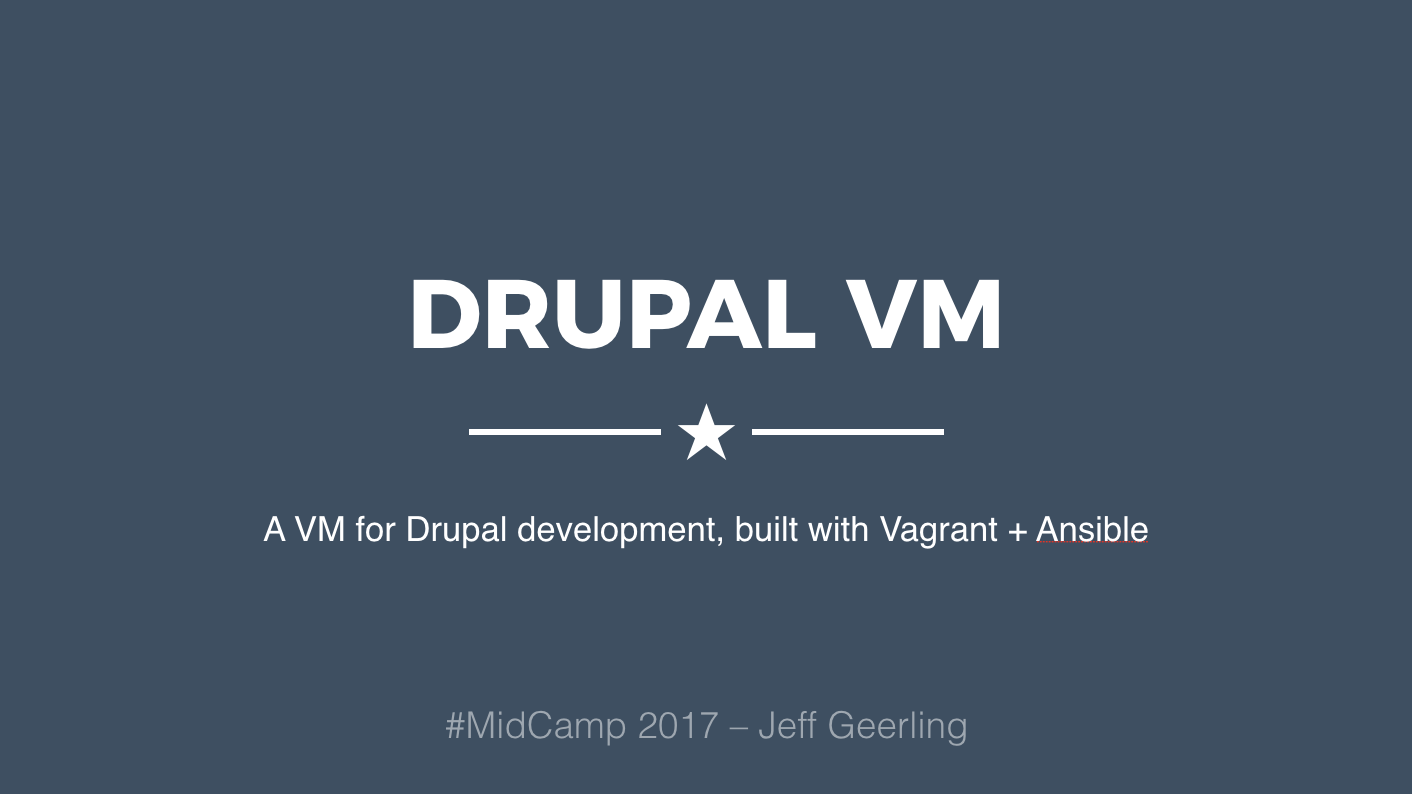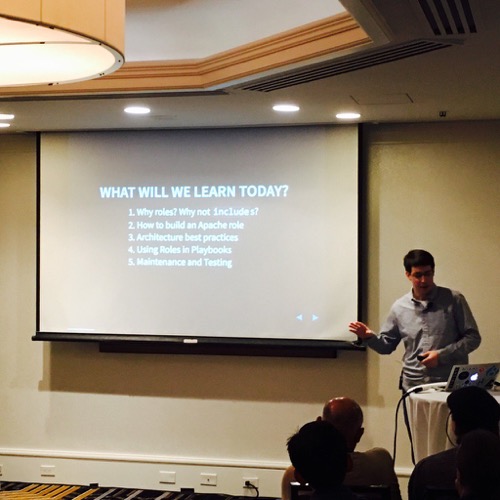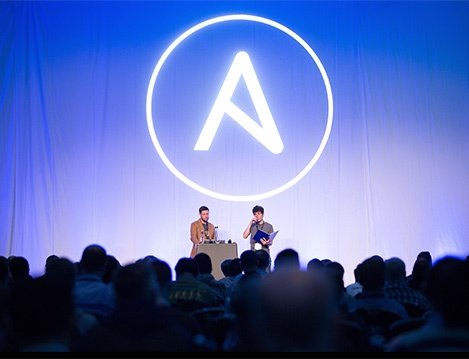Fix for Ansible hanging when used with Docker and TTY
For almost all my Ansible roles on Ansible Galaxy, I have a comprehensive suite of tests that run against all supported OSes on Travis CI, and the only way that's possible is using Docker containers (one container for each OS/test combination).
For the past year or so, I've been struggling with some of the test suites having strange issues when I use docker exec --tty (which passes through Ansible's pretty coloration) along with Ansible playbooks running inside Docker containers in Travis CI. It seems that certain services, when restarted on OSes running sysvinit (like Ubuntu 14.04 and CentOS 6), cause ansible-playbook to hang indefinitely, resulting in a build failure:


